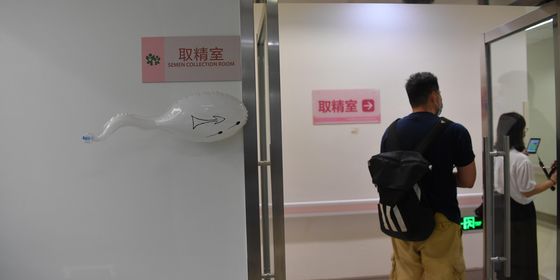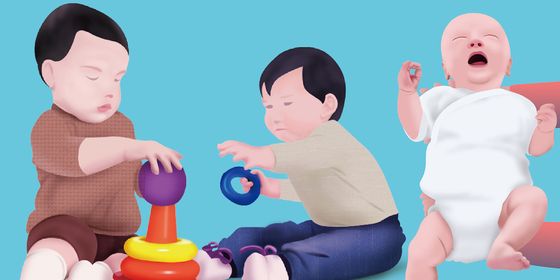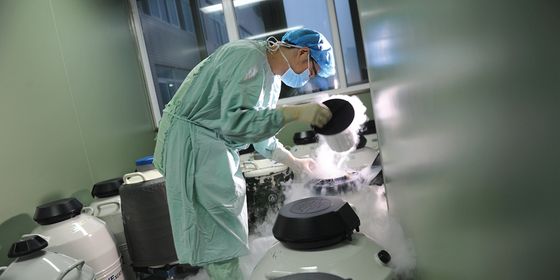China’s “human milk banks” struggle to keep abreast of demand
According to the World Health Organization, the lives of over 820,000 children under age 5 worldwide could be saved each year if all were breastfed between birth and 23 months old.
Yet in 2017, a Guangzhou doctor named Liu Xihong told Chinese magazine Oriental Outlook that just 10 percent of the nearly 90 premature infants born each day at her hospital have access to breast milk. Mothers of premature babies have often not yet started producing milk, and there are other mothers who are unable to lactate due to stress and health complications.
In 2013, Liu’s hospital, the Guangzhou Women and Children’s Medical Center, founded the first “human milk bank” on the Chinese mainland. A total of 25 breast milk banks have since opened in China, only one less than in the US. These centers, which are usually affiliated with hospitals, collect, pasteurize, and refrigerate milk from nursing donors who meet background and health requirements, and distribute it to needy infants.
Milk donation, though, has struggled to catch on in China. Money is an issue for most milk banks, which run on charitable donations and the hospital’s own funding, in the absence of government support. Wu Wenyi, head of another human milk bank in Beijing, told Oriental Outlook that the equipment and operations of the center cost over 300,000 RMB per year, and they cannot charge clients any fees due to a lack of governing pricing standards.
Supply is another problem. The milk bank at Dongguan Children’s Hospital reportedly received no milk donation for over a year after opening in 2015. Aggressive marketing of milk powder and a lack of public breastfeeding facilities have led to an overall decline in breastfeeding in China in recent decades, and low awareness of its benefits. A 2019 report by the state-affiliated China Development Research Foundation showed that just 29 percent of infants under 6 months old in China were breastfed, compared to the global average of 43 percent.
Safety of donor milk is a major concern. Though donors are screened about their lifestyle and health, “safety risks can occur at any step of the process, including quality control, collection, and screening, transportation, storage, and distribution of the milk,” pediatrician Han Shuping, head of the milk bank at the Nanjing Maternity and Child Health Care Hospital, told the Beijing News. There are currently no industrial standards on milk banks, including the qualifications to set up a milk bank, equipment type, donor background, and milk safety.
Despite these risks, a black market in breast milk has flourished on e-commerce platforms. Citing safety scandals related to milk powder in China, retailers ship frozen breast milk from allegedly healthy donors around the country for 30 to 40 RMB per 200-millimeter bag. “This is risky, even among family and friends,” Li Zhenghong, another doctor, told Oriental Outlook. “Food intake, drug use, lifestyle, and infectious disease all impact the quality of human milk.”
In October 2019, the city of Guangzhou created China’s first breastfeeding regulation, which pledged government financial support for milk banks and plans to develop quality standards.
Dr. Liu thinks nationwide improvement will take longer. “Like education that takes a hundred years to bear fruit, [human milk banks] require unremitting efforts of medical professionals, media publicity, as well as policy support.”
Nursing Complaints is a story from our issue, “High Steaks.” To read the entire issue, become a subscriber and receive the full magazine.












